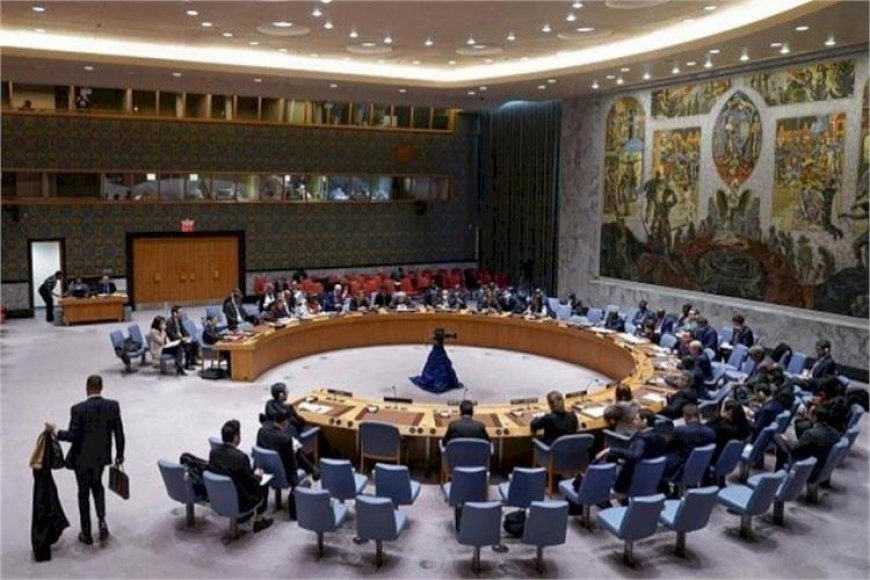India Stayed Away From Voting On Myanmar-related Proposals In UNSC, China-Russia Also Did Not Vote
India abstained from voting on a draft resolution related to Myanmar in the United Nations Security Council (UNSC), while China and Russia also showed no interest in it. The UNSC has requested an immediate end to violence in Myanmar and the release of other political prisoners, including the country's prominent leader Aung San Suu Kyi. During the voting in the 15-member Security Council chaired by India, 12 members voted in favor of the resolution, while India, China, and Russia abstained from voting.

India abstained from voting on a draft resolution related to Myanmar in the United Nations Security Council (UNSC), while China and Russia also showed no interest in it. The UNSC has requested an immediate end to violence in Myanmar and the release of other political prisoners, including the country's prominent leader Aung San Suu Kyi. During the voting in the 15-member Security Council chaired by India, 12 members voted in favor of the resolution, while India, China, and Russia abstained from voting.
This is the first resolution passed regarding Myanmar in the Security Council in the last 74 years. Earlier, in the year 1948, a resolution related to Myanmar, known as Burma, was passed. In that proposal, a recommendation was made regarding providing members of the United Nations to Burma. India's Permanent Representative to the UN Ruchira Kamboj said India believes that Myanmar's complex situation needs to adopt an approach of "calm and patient diplomacy".
He said that any other way would not help in resolving the long-standing issues that stand in the way of lasting peace, stability, progress, and democratic governance. "Under the current circumstances, we believe that the UN Security Council resolution may complicate the parties concerned rather than encourage them to pursue an inclusive political dialogue," Kamboj said.
